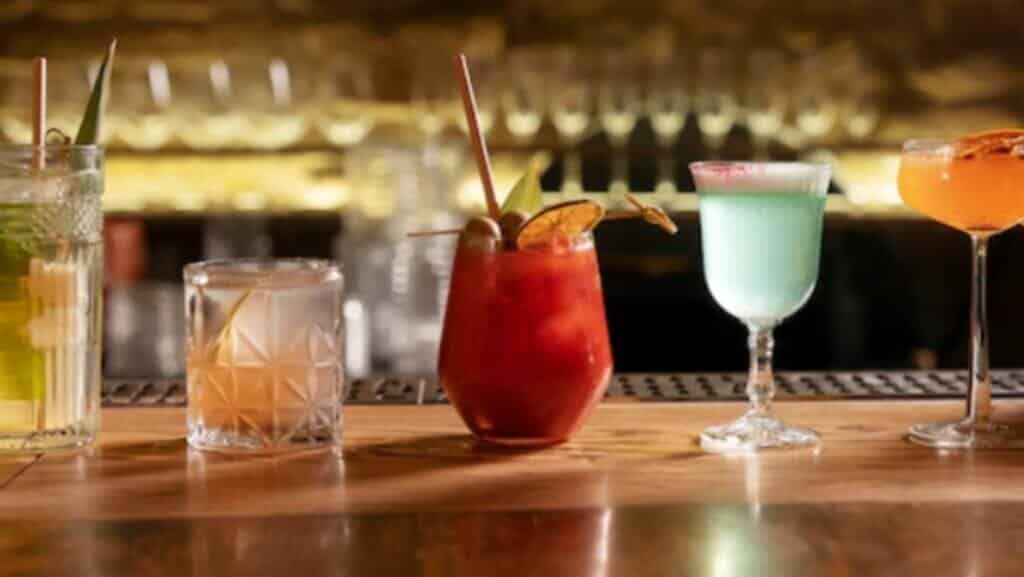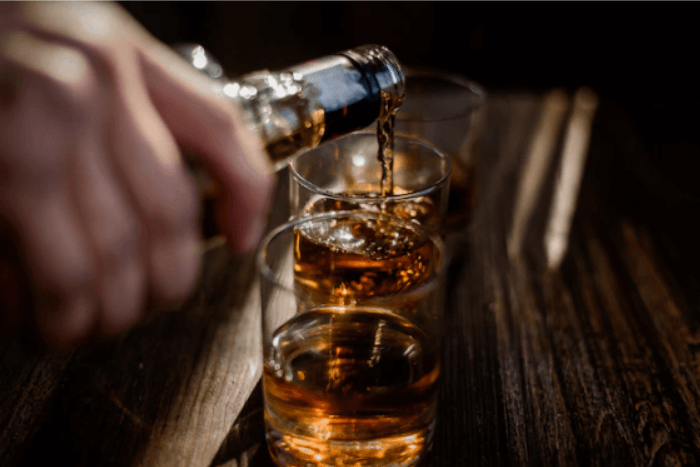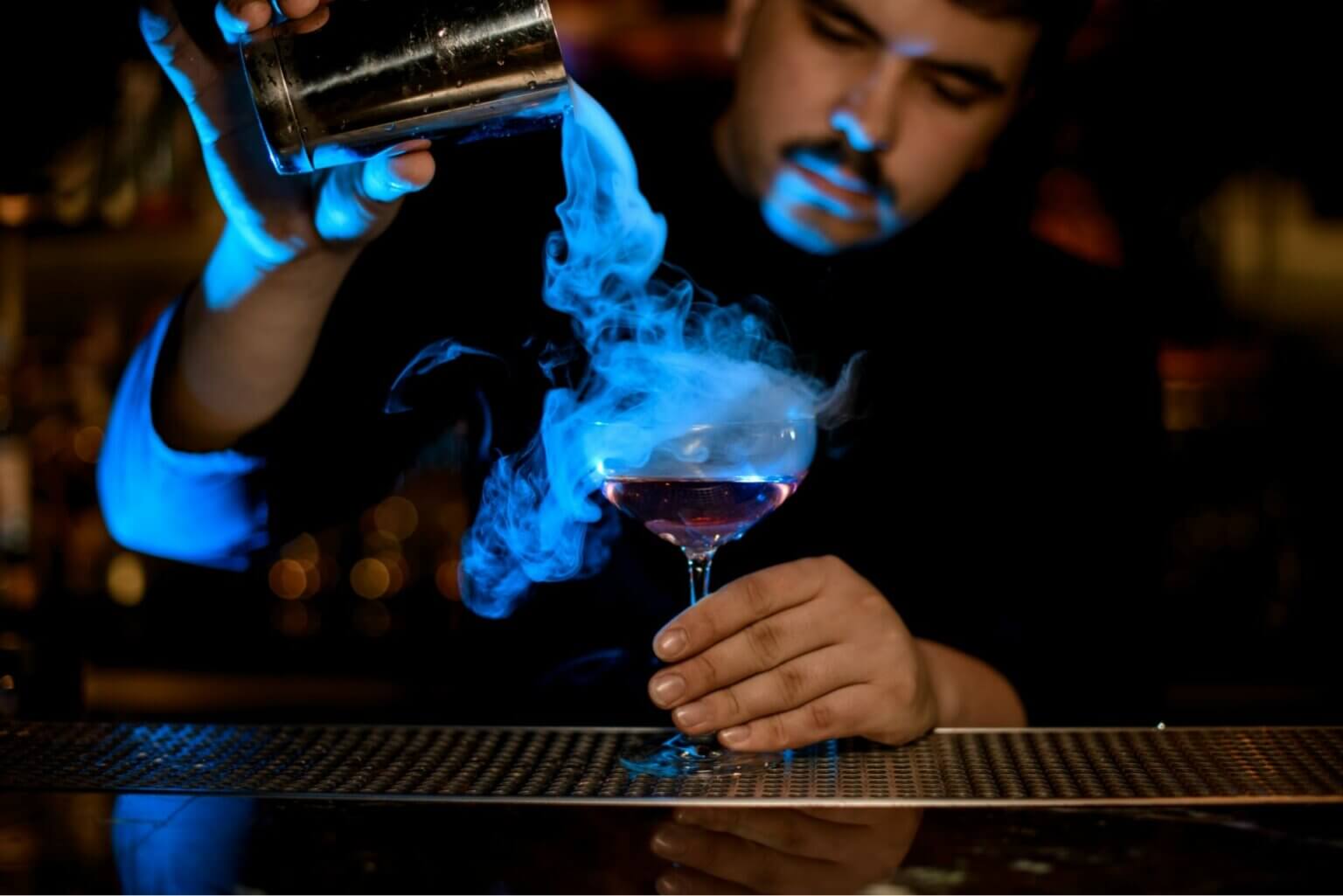
If you want to buy your first bottle of wine or open a bar in Salt Lake City, you’ll need an alcohol permit. If you’re not sure where to begin, this can be stressful. Getting an alcohol permit in Utah shouldn’t be too hard if you have the right information and are patient.
This article will teach you everything you need to know about obtaining an alcohol permit in Utah.
Below are some rules that residents are expected to comply with:
The legal drinking age in Utah is 21 years old. Also, the state has a “zero tolerance” policy for underage drinking and penalizes people who are caught drinking. In contrast, underage drinking is significantly more severe in this state than in others.
When it comes to drunk driving, Utah has some of the strictest laws in the country. Driving with a blood alcohol concentration (BAC) of 0.05 percent or higher is illegal in Utah. Drivers with a BAC of 0.08 percent or higher may face a $1,000 fine and a one-year driving suspension.
Consuming alcohol in public parks, beaches, or sidewalks is prohibited. It is also against the law to drink alcohol while driving on a public road. Violations of these laws are taken seriously and are punishable by steep fines.
Utah has stringent event alcohol laws. Alcoholic beverages may be consumed at a licensed event only if the event is a party or wedding, a play or other type of live performance, or a sporting event.
It is illegal in Utah to drink in public places such as parks, sidewalks, and roads. It is also illegal to consume alcohol in parked vehicles, and consumption of alcohol in public is against Utah law. Utah also has laws that make it illegal for businesses or individuals to sell alcoholic beverages to minors.
In Utah, home delivery of alcohol is illegal. Only Utah residents with special permits can deliver alcohol to other Utah residents.
A legal license is required for people working in the food industry to serve alcohol to their customers. An alcohol permit is required to sell alcoholic beverages in convenience stores, grocery stores, and liquor stores.
In Utah, people who work in restaurants, clubs, or bars must finish an alcohol-serving training program within 30 days of starting work, and they have to do it again every three years to keep their certificate valid.
Easy Food Handlers is a responsible alcohol permit training provider in Salt Lake City where you can get your alcohol server training and get your liquor and bar licenses at the end.

These are the most common questions we receive about getting an alcohol license in Utah, and we’ve tried to answer them below.
Approved restaurant and bar locations can sell liquor, wine, and beers seven days a week. In a licensed restaurant, you can only order alcoholic drinks with food, and the food must be given to you by a person with the right to do so.
To serve beer and alcohol on your premises, you must be licensed by the Department of Alcoholic Beverage Control (DABC).
The final liquor law of 2022 made changes to the operation of hotel licenses. The DABC says that the number of bars sublicensed for hotels and resorts is not counted in the total number of bars allowed in the state.
Yes, alcoholic beverages such as wine and beer are available 24 hours daily in approved restaurants and bars. Alcoholic beverages must be ordered and served by licensed employees in licensed restaurants.
If you sell or produce alcohol in Utah, you must obtain a state license. If you own a store where people can buy and drink alcohol on the premises, you need a license.
According to Utah liquor laws, you must have a license if you sell, produce, or operate a liquor store. If you operate a retail store without a license, you could face a $2,500 fine for each day you are not licensed.
To buy, sell, or serve alcohol in Utah, you must have a Utah Alcoholic Beverage Permit. Some businesses in the state are allowed to sell alcoholic drinks, so you have to decide if you want to open a store or a restaurant. You must also select between a package store license and an off-premise license.
To get a liquor license in Utah, you must follow the rules about where you can open, what you can sell, when you can sell it, how long you can be open, and how secure you have to be.
If you break the law, you risk revoking your liquor license and facing fines and penalties.
